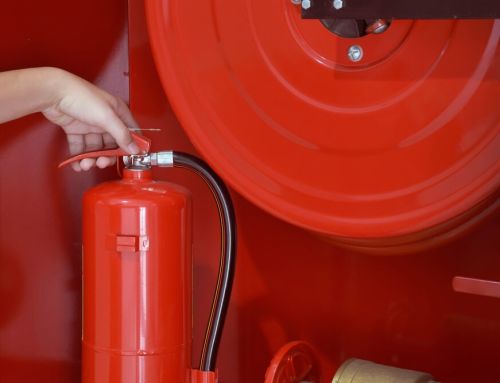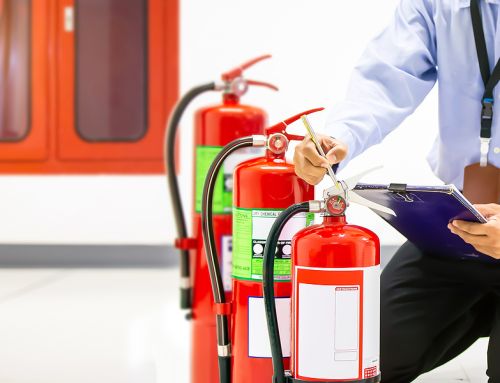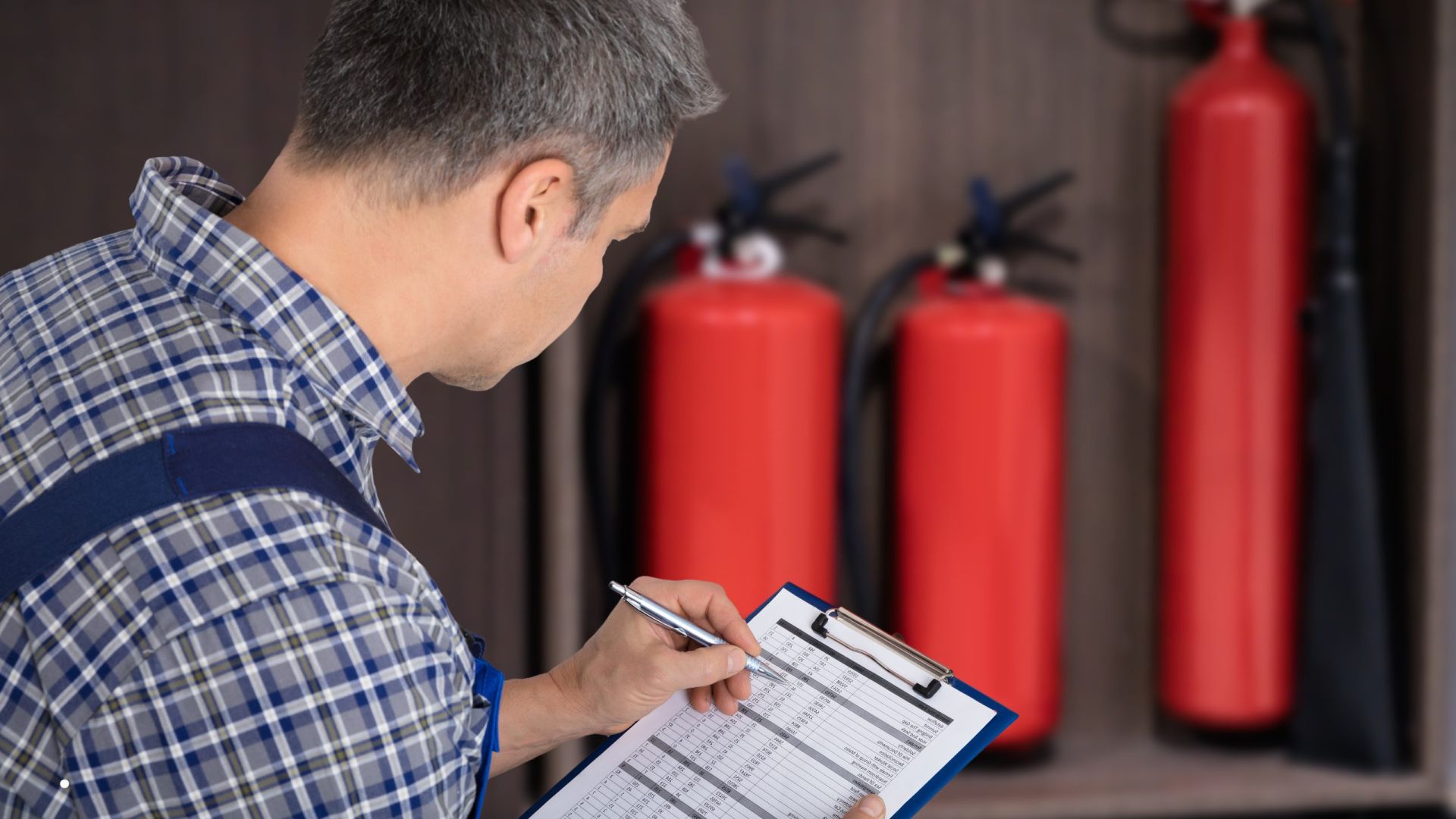
Fire risk assessments are a crucial aspect of property safety, required by law in many regions and highly recommended for private property owners. Understanding the fire risk assessment price is important as it ensures that the costs you incur are justified for the safety and legal compliance of your property. Whether you are a landlord, a business owner, or simply a homeowner, understanding the costs associated with fire risk assessments can help you budget appropriately and ensure that your property remains safe.
In this blog, we will dive deep into understanding the fire risk assessment price, what factors influence it, why it is important, and how to ensure you are getting the best value for your money.
What is a Fire Risk Assessment?
A fire risk assessment is the process of evaluating the fire safety risks within a building or property. It identifies potential fire hazards and assesses the existing fire safety measures in place, including fire exits, alarms, smoke detectors, and fire extinguishers. Based on the findings, the assessment provides recommendations on how to reduce risks and improve fire safety measures.
The primary objective of a fire risk assessment is to ensure the safety of individuals within the property, prevent fires, and minimise the potential damage caused by fire. It also ensures that a building is compliant with local and national fire safety regulations, such as the Regulatory Reform (Fire Safety) Order 2005 in the UK or similar laws in other countries.
While the fire risk assessment price may vary depending on several factors, its value lies in the comprehensive safety evaluation that protects your property, its contents, and the people within it.
Why Fire Risk Assessments Are Essential
Before exploring the fire risk assessment price, it’s important to understand why fire risk assessments are essential. These assessments are not just a legal requirement in many regions but also a proactive way of safeguarding your property against fire hazards.
- Legal Requirements and Compliance: In the UK, under the Regulatory Reform (Fire Safety) Order 2005, landlords, business owners, and employers are legally required to conduct a fire risk assessment and implement the necessary safety measures. This law applies to all non-domestic properties, including offices, schools, and even multi-occupancy residential buildings.
- Fire Prevention: A fire risk assessment helps to identify any potential fire hazards within a property, allowing you to take action before a disaster occurs. By spotting issues like faulty electrical wiring, inadequate fire escapes, or poorly maintained fire suppression systems, a fire risk assessment can help prevent fire outbreaks.
- Safety of Occupants: Fire risk assessments are essential for protecting the safety of those living or working within a building. The assessment identifies the risks associated with the property’s layout, fire exits, and fire safety equipment, ensuring that people are safe and can evacuate in case of an emergency.
- Insurance Benefits: Insurance companies may require fire risk assessments before issuing policies or processing claims. Having a fire risk assessment done can reduce premiums and ensure that the insurance policy remains valid. Additionally, a proper assessment can help ensure that the insurance policy covers the costs of fire damage adequately.
- Peace of Mind: Ultimately, a fire risk assessment provides peace of mind, knowing that your property has been evaluated by experts and that any fire risks have been properly addressed. This is particularly important for property owners and tenants who are concerned about safety and want to ensure they are doing everything possible to avoid the devastating consequences of a fire.
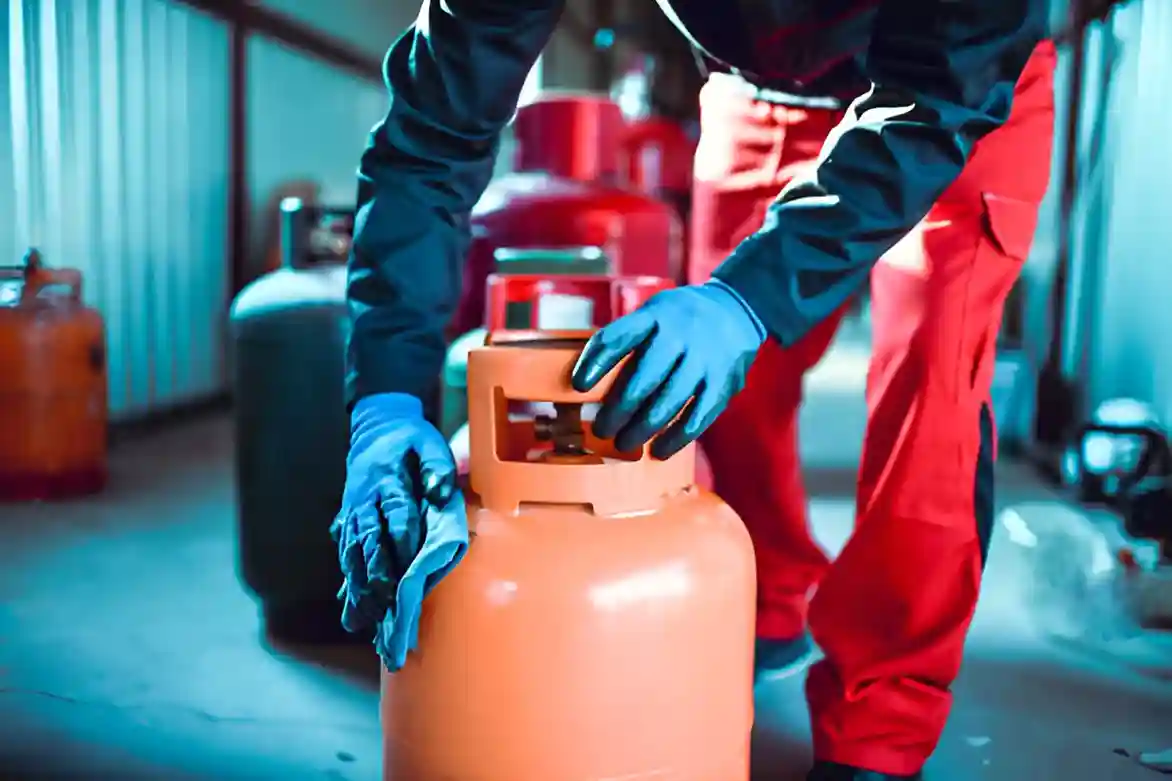
What’s the average Fire Risk Assessment price?
The fire risk assessment price can vary significantly based on several factors, such as the type of property, its size, location, and the complexity of the assessment. While the price can range anywhere from £100 to several thousand pounds, understanding the factors that influence the cost is essential to ensure you’re getting the best value for money.
Factors Affecting Fire Risk Assessment Price
Type of Property
The type of property you need assessed plays a significant role in determining the price. Larger, more complex properties typically cost more to assess due to the increased risk factors and the time required to complete the assessment.
- Residential Properties: For smaller homes, apartments, or single-family dwellings, a basic fire risk assessment may cost anywhere from £100 to £300. This assessment typically covers basic fire hazards like checking smoke detectors, fire exits, and assessing overall fire safety features.
- Commercial Properties: Fire risk assessments for businesses or commercial properties tend to cost more. A small office or retail space may cost anywhere from £300 to £800, while larger businesses with complex fire safety requirements may see costs ranging from £1,000 to £3,000.
- Industrial Properties: Industrial or high-risk buildings, such as factories, warehouses, or chemical plants, can undergo fire risk assessments that cost upwards of £2,000 to £5,000 or more. These properties often have specialised fire risks, and a thorough assessment is required to address specific hazards like flammable materials or complex electrical systems.
Size of the Building
The size of the building is another major factor in determining the fire risk assessment price. Larger buildings with more rooms, floors, and occupants will require more time to assess and evaluate, which directly impacts the cost.
- Small Properties: A small residential home or small commercial space may cost between £100 and £500 for a fire risk assessment, depending on the property’s layout and complexity.
- Medium-Sized Buildings: A medium-sized office building or a larger residential building (e.g., apartments or townhouses) can cost between £500 and £1,500 for a fire risk assessment, depending on the number of floors and the property’s complexity.
- Large Buildings: Larger properties, such as office complexes, hospitals, or multi-floor buildings, typically require a more in-depth assessment, ranging from £1,500 to £5,000 or more.
Location
The location of the property also plays a role in the fire risk assessment price. Assessors located in urban areas with higher demand may charge more than those in rural areas. Additionally, properties located in remote locations may incur extra travel fees, which can increase the overall cost of the assessment.
- Urban Areas: In metropolitan cities, the fire risk assessment price may be higher due to the increased cost of living and higher demand for services.
- Rural Areas: In rural or less populated areas, the costs may be lower, but assessors may charge extra for travel time and transportation.
Type of Assessment Required
The type of assessment needed will also impact the price. A standard fire risk assessment is typically less expensive than a more thorough evaluation that includes fire system checks, emergency planning, and additional safety measures.
- Standard Assessments: A basic fire risk assessment for smaller buildings usually includes checking smoke alarms, fire exits, and general safety precautions. This type of assessment typically costs between £100 and £500.
- Comprehensive Assessments: A comprehensive fire risk assessment will often involve detailed inspections of the building’s fire alarms, sprinkler systems, emergency lighting, and any other fire safety measures. This type of assessment can cost between £500 and £3,000 or more, depending on the size and complexity of the property.
Experience and Qualifications of the Assessor
The experience and qualifications of the assessor also affect the price. Highly experienced professionals with extensive certifications may charge more for their services, but they will likely provide a more thorough and accurate assessment.
- Experienced Assessors: These professionals tend to charge higher fees, often ranging from £500 to £3,000, depending on the complexity and size of the property. Their services are generally more thorough, and their expertise can provide more accurate recommendations and risk mitigation strategies.
- Less Experienced Assessors: Newer or less experienced assessors may charge lower fees, ranging from £100 to £500, but may lack the depth of knowledge and expertise that more seasoned professionals bring.
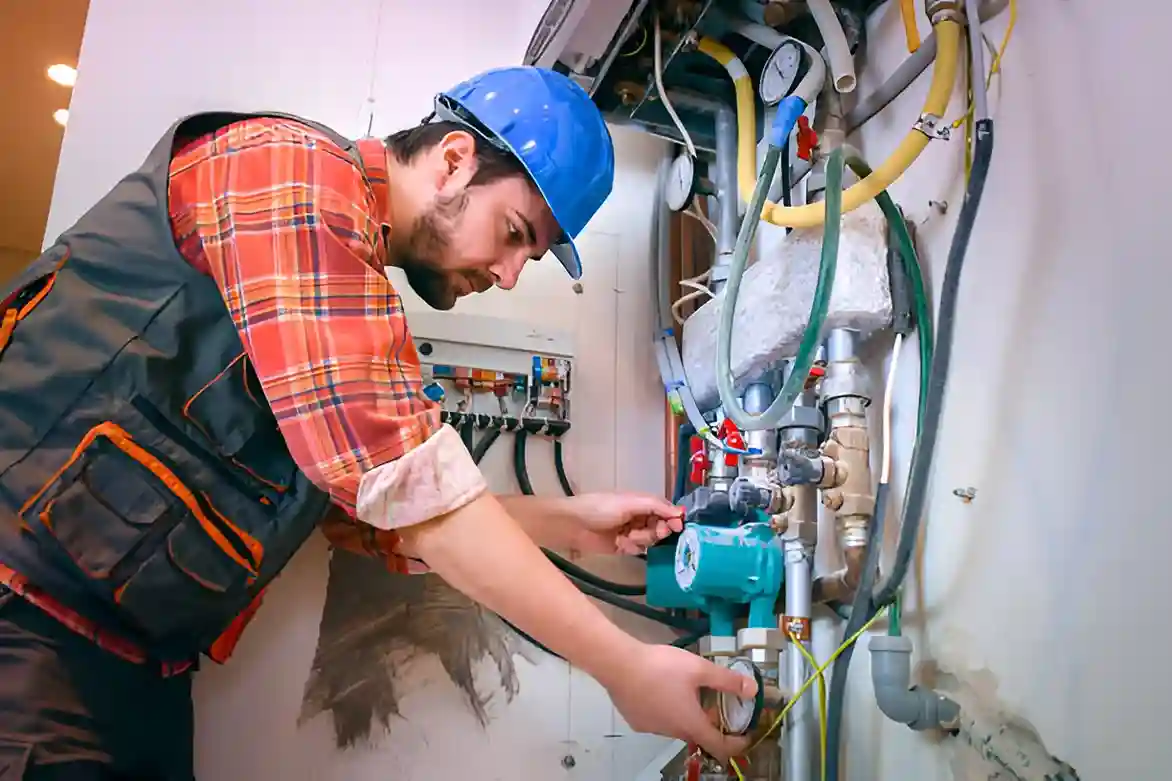
Additional Costs to Consider
While the fire risk assessment price is a significant factor, there are additional costs that may arise depending on the findings of the assessment:
- Remediation Costs
If the fire risk assessment uncovers safety issues that require remedial work, such as the installation of fire doors, smoke detectors, or the re-routing of electrical wiring, you may need to budget for these additional costs. The remediation work can vary widely depending on the nature of the issues and the complexity of the solutions required.
- Follow-Up Inspections
In some cases, especially for larger or high-risk properties, follow-up inspections may be required to ensure that all safety recommendations from the fire risk assessment have been properly implemented. These follow-up inspections can cost anywhere from £100 to £500, depending on the size and complexity of the property.
- Ongoing Fire Safety Consultancy
For businesses or larger properties, you may wish to engage a fire safety consultant to help you implement the fire safety measures outlined in the risk assessment. Consultants typically charge hourly or project-based rates, which can range from £50 to £200 per hour.
How to Get the Best Fire Risk Assessment Price
To ensure you’re paying a fair fire risk assessment price, consider the following:
- Get Multiple Quotes: Always obtain quotes from at least three different assessors to compare prices and services. This will allow you to make an informed decision and ensure you’re getting value for your money.
- Check Qualifications and Experience: Ensure that the assessor is properly certified and has relevant experience in assessing your type of property. Check for membership with recognised fire safety organisations such as the Institute of Fire Safety Managers (IFSM) or Fire Industry Association (FIA)
- Ask for a Detailed Breakdown: Ask for a detailed quote that outlines all services, including travel fees, follow-up inspections, and additional work. This will help you avoid hidden charges.
- Look for Package Deals: Some fire safety companies offer package deals that include the fire risk assessment, remediation services, and follow-up inspections at a discounted rate.
Conclusion
Understanding the fire risk assessment price is essential for property owners, whether you are a landlord, business owner, or homeowner. While the price of a fire risk assessment can vary based on factors such as the size of the property, the type of building, and the complexity of the assessment, the investment is well worth the cost when you consider the value of fire safety, compliance, and peace of mind.
A fire risk assessment not only helps to safeguard lives but also ensures that your property is protected, reducing the risk of damage and helping you comply with legal requirements. By taking the time to choose a reputable and experienced assessor, comparing prices, and ensuring that any necessary remediation work is completed, you can ensure that your property remains safe from fire risks.
About the Author: Atia Amin
Related Posts
Get Social
Recent Posts
- Electrical Diagnostic London: How Professional Testing Keeps Your Property Safe and Compliant
- Asbestos Management Survey London: Update Your Property Records
- Gas Safety Certificate London: Why Regular Checks Save Money Long-Term
- FRA London Explained: How a Professional Fire Risk Assessment Keeps You Compliant and Safe
- When a New Tenancy Requires Your EICR Certificate London Renewal


